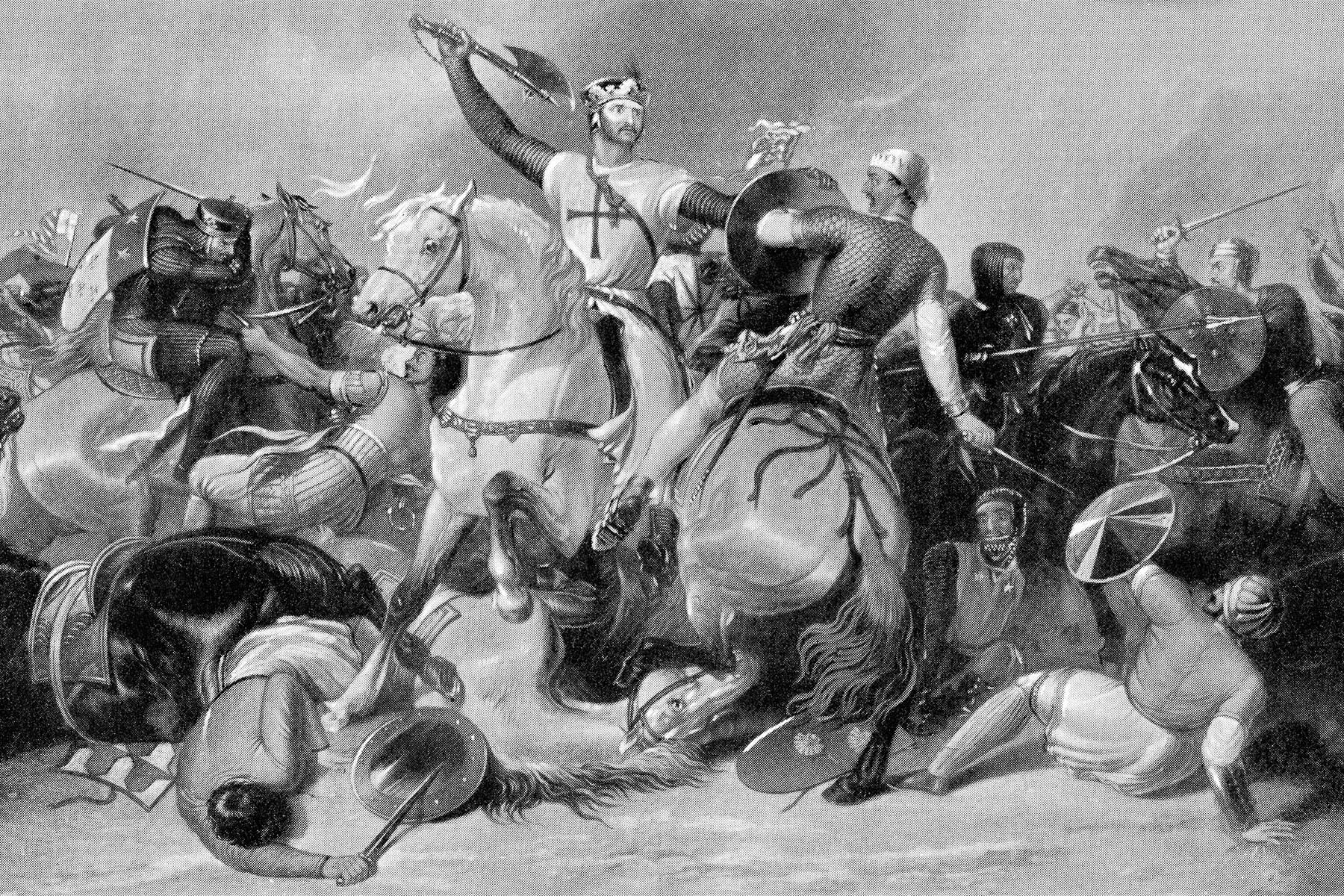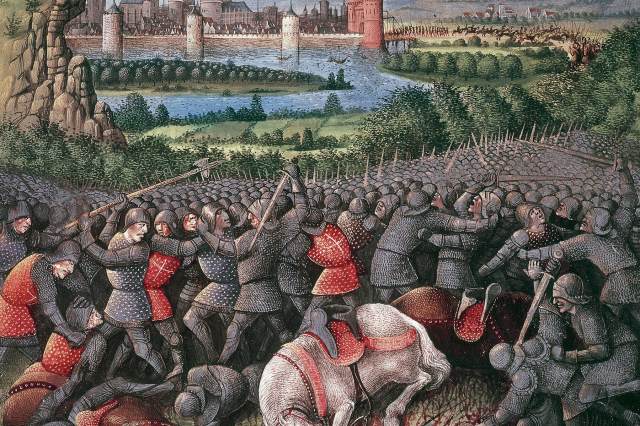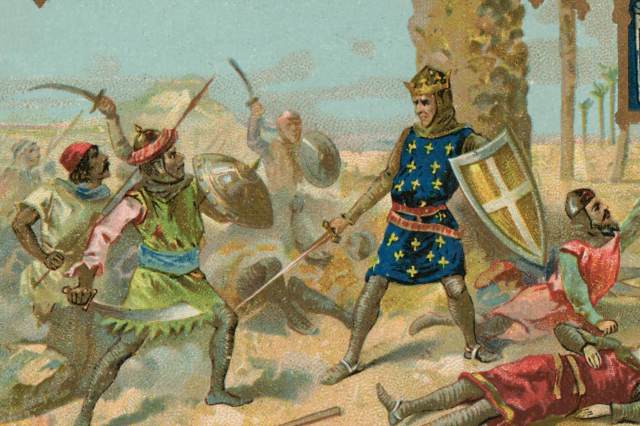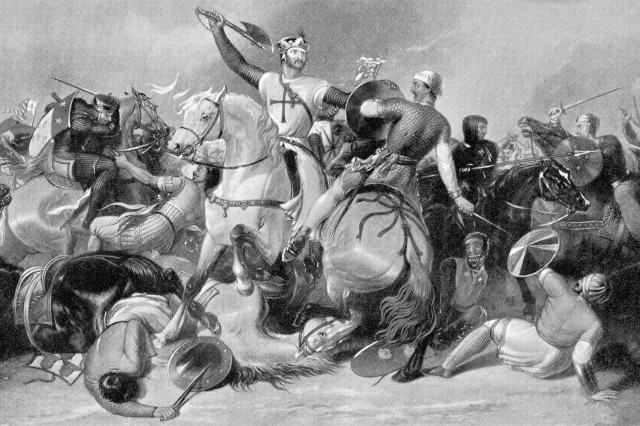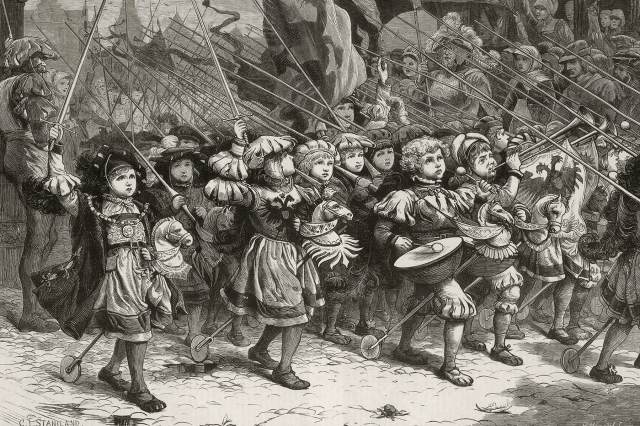What Were the Crusades?
During the high medieval period in Europe — a time when the continent’s population increased rapidly, bringing about great social and political change — Pope Urban II sparked a religious war when he urged Christians to recapture the Holy Land, a region that lies between the Jordan River and the Mediterranean Sea and is held sacred among Christians, Jews and Muslims, particularly the holy city of Jerusalem. The result was a series of military campaigns that lasted from 1095 to 1291, known today as the Crusades.
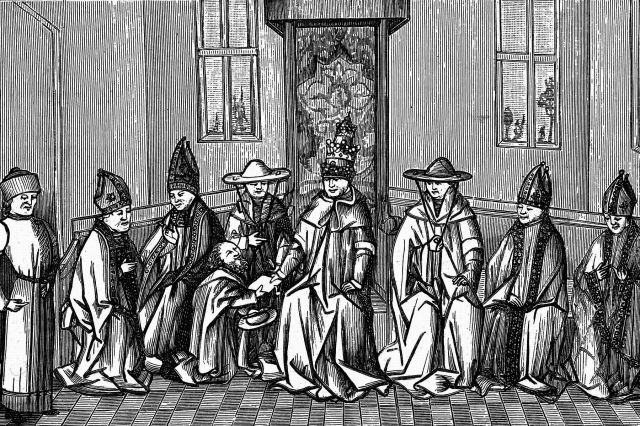
The Roots of Religious Conflict
By the end of the 11th century, about two-thirds of the ancient Christian world had been conquered by Muslims, including strategically and religiously important regions such as Palestine, Syria, and Egypt. When, around 1077, Muslim Turks took control of the Holy Land, religious and territorial frictions between the two religious groups reached a tipping point. Byzantine Emperor Alexius I Comnenus feared that his lands — the Eastern Roman Empire, which included the strategically important city of Constantinople (now Istanbul) — would be next, and he appealed to the pope for assistance. Pope Urban II responded in 1095, promising the knights of Europe that their sins would be forgiven if they recaptured the Holy Land and, more specifically, Jerusalem, for Christianity. With that fateful promise, the Crusades began.
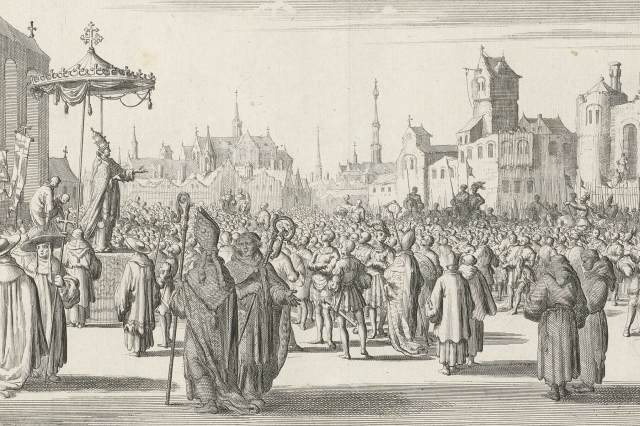
Rallying to the Cause
Pope Urban’s plea was met with a massive response, not only among knights but also among ordinary citizens who chose to join the Crusades. Their reasons for joining the holy war were varied. Many knights sought to defend Christianity while earning forgiveness for their sins and eternal glory, as promised by Pope Urban II. But their motives weren’t always religious. Knights also believed firmly in chivalry and sought out adventures in which they might gain honor or renown. The campaigns also presented material opportunities, with conquered land up for grabs. European merchants, too, were typically in favor of the Crusades, as they sought to monopolize important trading centers that were under Muslim control. They could also earn good money shipping Crusaders to the Middle East — an estimated 90,000 men, women, and children of all classes joined the First Crusade alone, so there was wealth to be made in providing passage.





